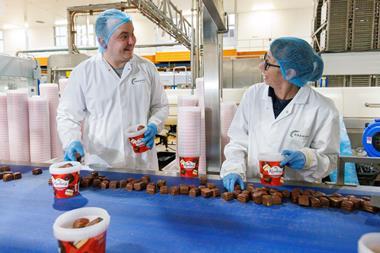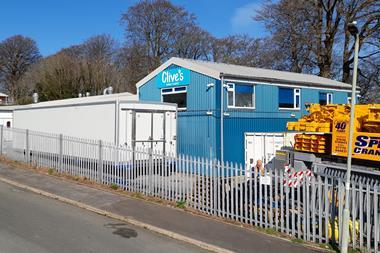Discount retailers have hit record market share while consumers await the possible impact of Brexit on grocery prices, according to Kantar Worldpanel.
The latest grocery share figures from Kantar Worldpanel for the 12 weeks ending 19 June 2016 show the market slipping into decline for the first time since January, with supermarket sales falling by 0.2% as like-for-like (LFL) grocery prices declined by 1.4% on last year.
Fraser McKevitt, head of retail and consumer insight at Kantar Worldpanel, said: “The decline is a continuation of the slow supermarket sector growth dating back to summer 2014, primarily a result of cheaper everyday groceries brought about by a retailer price war.
“While these latest figures predate the EU referendum result, the immediate economic uncertainty is unlikely to cause a substantial fall in grocery volumes, as demonstrated by the 2008 financial crisis when basic food, drinks and household sales proved resilient.”
The combined share of discount retailers Lidl and Aldi has hit a record high of 10.5%, with each holding 4.4% and 6.1% of the market respectively. Almost 58% of Britons visited one of the two retailers in the past 12 weeks, with Lidl increasing sales by 13.8% and Aldi by 11.5% on a year ago.
The Co-operative’s growth of 2.0% has cemented its recent revival, heralding a full year of increasing sales, while at Waitrose, small but rapidly increasing sales of its premium Waitrose 1 brand have helped the retailer grow by 1.3%. Waitrose has now had an unbroken period of growth dating back to 2009 – the best run of any retailer outside of the discounters.
The performance of the larger retailers was a continuation of recent trends. Overall sales at Tesco dropped by 1.3%, while at Morrisons, sales fell by 2.4%, both reflecting the ongoing impact of store disposals. At Sainsbury’s, sales fell by 1.4%, while at Asda they were down by 5.9%, with each of the big four losing market share on last year.
































No comments yet